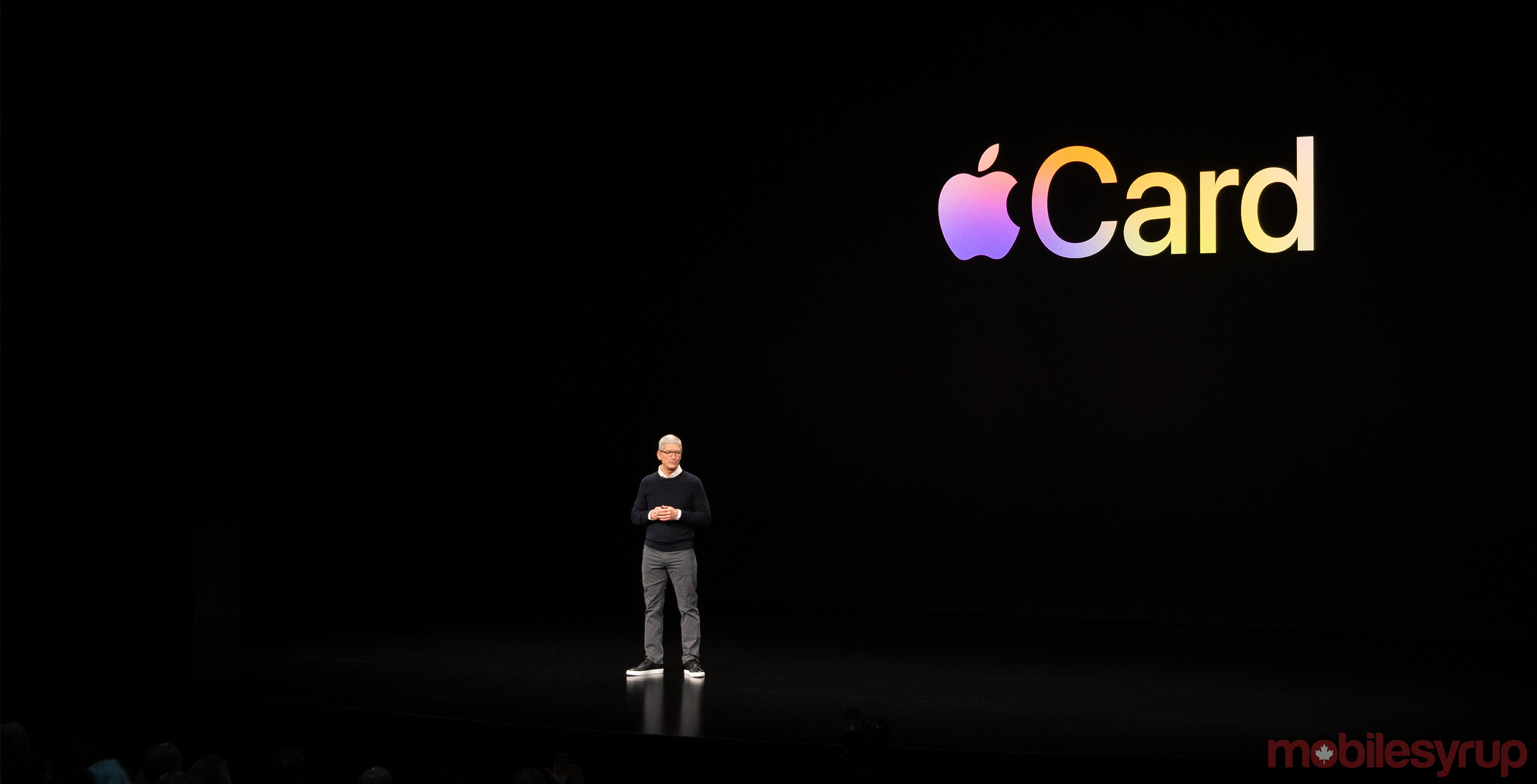
When Apple does something, other companies tend to follow. Look at some recent smartphone trends, like the much-despised display notch or the dual-camera craze.
However, the next trend Apple starts might not be in phones, but in credit cards.
Apple recently unveiled its digital-first credit card, Apple Card, as well as a Mastercard-branded physical card for use in places that don’t accept Apple Pay. That physical card is unique, and not just because it’s made of titanium — it doesn’t bear a card number, security code or expiry date.
Instead, all that information is stored in Apple’s Wallet app on the cardholder’s iPhone. By moving these crucial details into the digital wallet, Apple hopes to improve security should a user lose their card.
Mastercard’s president of North America thinks this could encourage other banks to ditch card numbers to improve security.
“We want security to be at the highest level possible across the ecosystem, and we want to do that in ways that don’t introduce friction and make payments inconvenient for consumers,” Vosburg said in an interview with Bloomberg Television.
Similar to how banks and credit card companies ditched signatures as security chips became the norm, we could see card numbers disappear too. Bloomberg also notes that some large U.S. banks, like Capital One, started testing virtual card numbers assigned to specific merchants.
Ultimately, these changes could introduce a more secure financial future without much change for users. That said, banks will likely wait to see how Apple Card fares before making drastic changes.
Apple Card is set to launch in the U.S. this summer, but it could come to other markets at a future date.
Source: Bloomberg
MobileSyrup may earn a commission from purchases made via our links, which helps fund the journalism we provide free on our website. These links do not influence our editorial content. Support us here.


